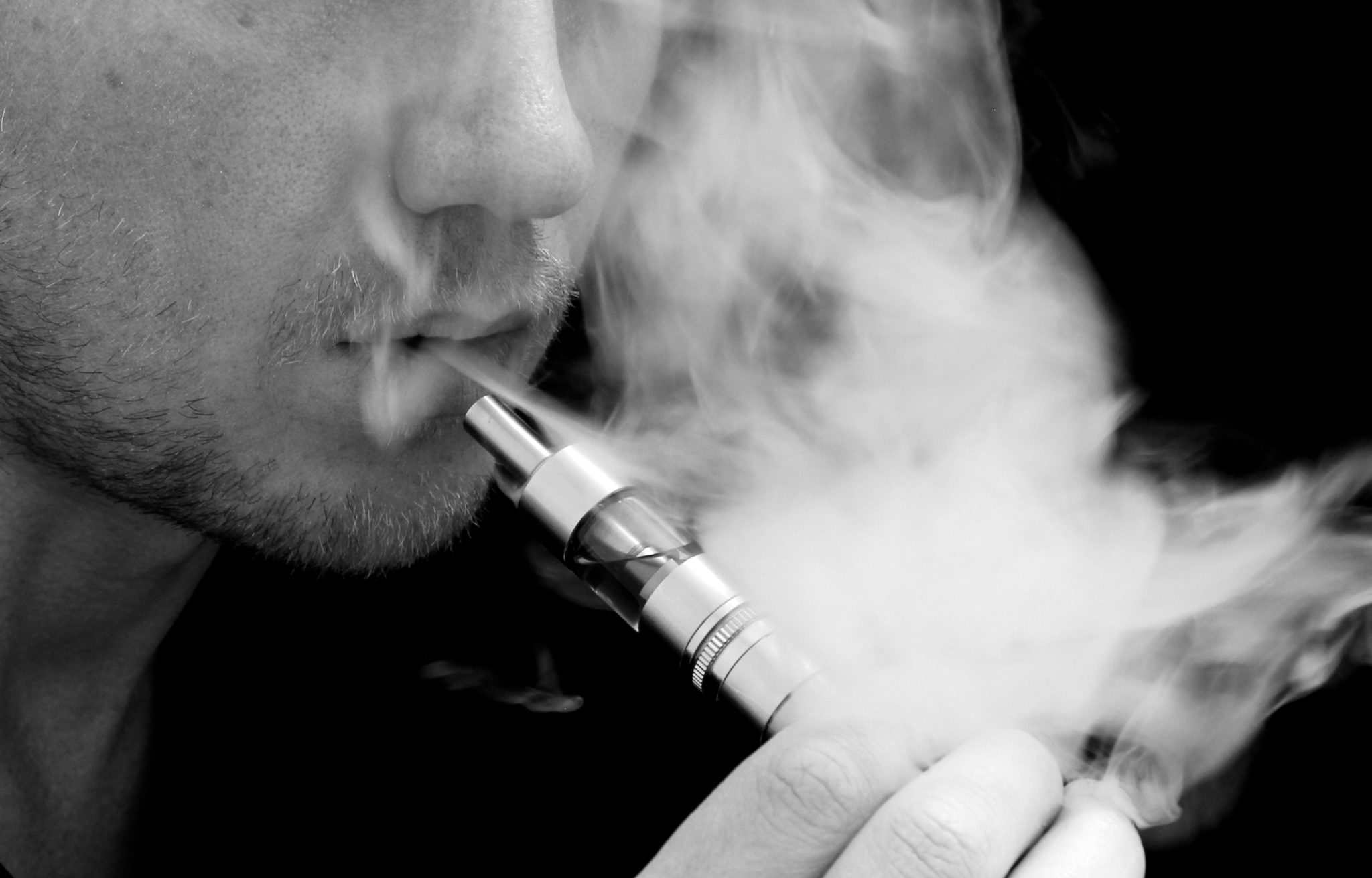On August 31, the Food and Drug Administration (FDA) denied the PMTA applications for about 800 vaping products from three e-liquid manufacturers. All of the products were flavored.
Dimitris Agrafiotis, the self-described “Vapin’ Greek” who runs International Vapor Solutions, a consultancy firm, told Filter that three e-liquid companies companies he represents—two of them large and one medium-sized—were sent marketing denial orders (MDOs) by the agency.
The FDA decision was yet another denial of vape producers who had filed onerous premarket tobacco product applications (PMTAs) last year to remain legally on the market. At the end of August, the FDA announced its first outright denial of 55,000 flavored vaping products from three other companies. Prior to that, the FDA refused to file 4.5 million of the 6.5 million applications sent to the agency because the company that put them together did not include appropriate Environemtanal Assessments (EAs) for each product.
The FDA has until September 9 to determine the legality of other vaping products, though the agency has signaled it will rule on the major players but not complete the process for everybody else by then.
None of the PMTAs Agrafiotis helped file were totally finished, and the companies’ intention was to send more data piecemeal to the agency as substantial product stability testing wrapped up. (Agrafiotis said he could not reveal the names of the companies because of nondisclosure agreements.)
“We know that flavored tobacco products are very appealing to young people. Assessing the impact of potential or actual youth use is a critical factor in our decision-making.”
“We can confirm we’ve sent additional MDOs,” an FDA spokesperson said in a statement to Filter. “As we stated in our August 26 press announcement of marketing denial orders, more marketing decisions will follow. The agency will continue to review other premarket tobacco applications for non-tobacco flavored ENDS to determine whether there is sufficient product-specific scientific evidence of a benefit to adult smokers to overcome the risk posed to youth.”
“If the applications contain evidence of this type, the FDA will conduct further in‐depth scientific evaluation as to whether the evidence satisfies that statutory standard for authorization,” the spokesperson continued. “But in the absence of this evidence, the agency intends to issue an MDO. We know that flavored tobacco products are very appealing to young people, therefore assessing the impact of potential or actual youth use is a critical factor in our decision-making about which products may be marketed.”
In June, the Agrafiotis’s three clients got a letter from the FDA that their PMTAs had been received and would be moving onto the review stage. Then, last week, his clients drafted letters to the FDA, stating that they would be sending further information.
“They have done substantial scientific work and testing,” Agrafiotis told Filter. “They invested some real money in this.” One company, which filed 45 product applications, spent close to $1 million. “Some of the PMTAs were not complete, and some of them were more complete than others.”
Of all his clients’ applications, only those for tobacco or menthol flavors now remain pending.
In recent days, consumer advocates and manufacturers have worried that the FDA is moving toward an effective flavor ban—though the companies with the largest market shares, the best resources, and likely much-more completed PMTAs have yet to receive news on their status. There appears to be a pattern developing, though, in that all of the companies that have been been denied do not appear to have finished their PMTAs in time and sent in partial, if yet still robust, applications. (They had until September of last year to do it.)
In one way or another, each company Agrafiotis represents is now moving into the synthetic nicotine space.
“It’s not clarified exactly why they were denied,” Agrafiotis said. “The FDA mentioned youth. The usual spiel. And I was honest with my clients that some of the product names might be considered appealing to youth by the FDA. I’m very honest with the industry.”
Agrafiotis said that now, in one way or another, each company he represents is moving into the synthetic nicotine space. One of the large companies is totally transitioning to synthetic nicotine, a legal gray area, because it does not want to spend any more money on the PMTA process. The other was beginning to explore synthetic nicotine as a stopgap solution while pursuing legal action against the FDA.
The medium-size company, meanwhile, shut down its account with the FDA’s Center for Tobacco Products (CTP) and sent an email stating that it would not be making “tobacco” products (deemed to include tobacco-derived nicotine products) any longer. In other words, it will switch to synthetic nicotine.
It remains unclear, too, if these companies have to fully resubmit their PMTAs, or if it’s possible to amend the existing ones.
For the past year, vaping companies have been allowed to sell their products until FDA decisions came down. But going forward, a vaping manufacturer would have to submit a PMTA before it could sell any future product.
“But I want to be clear,” Agrafiotis said. “We’re not giving up.”
Photograph by ECig Click via Flickr/Creative Commons 2.0





Show Comments